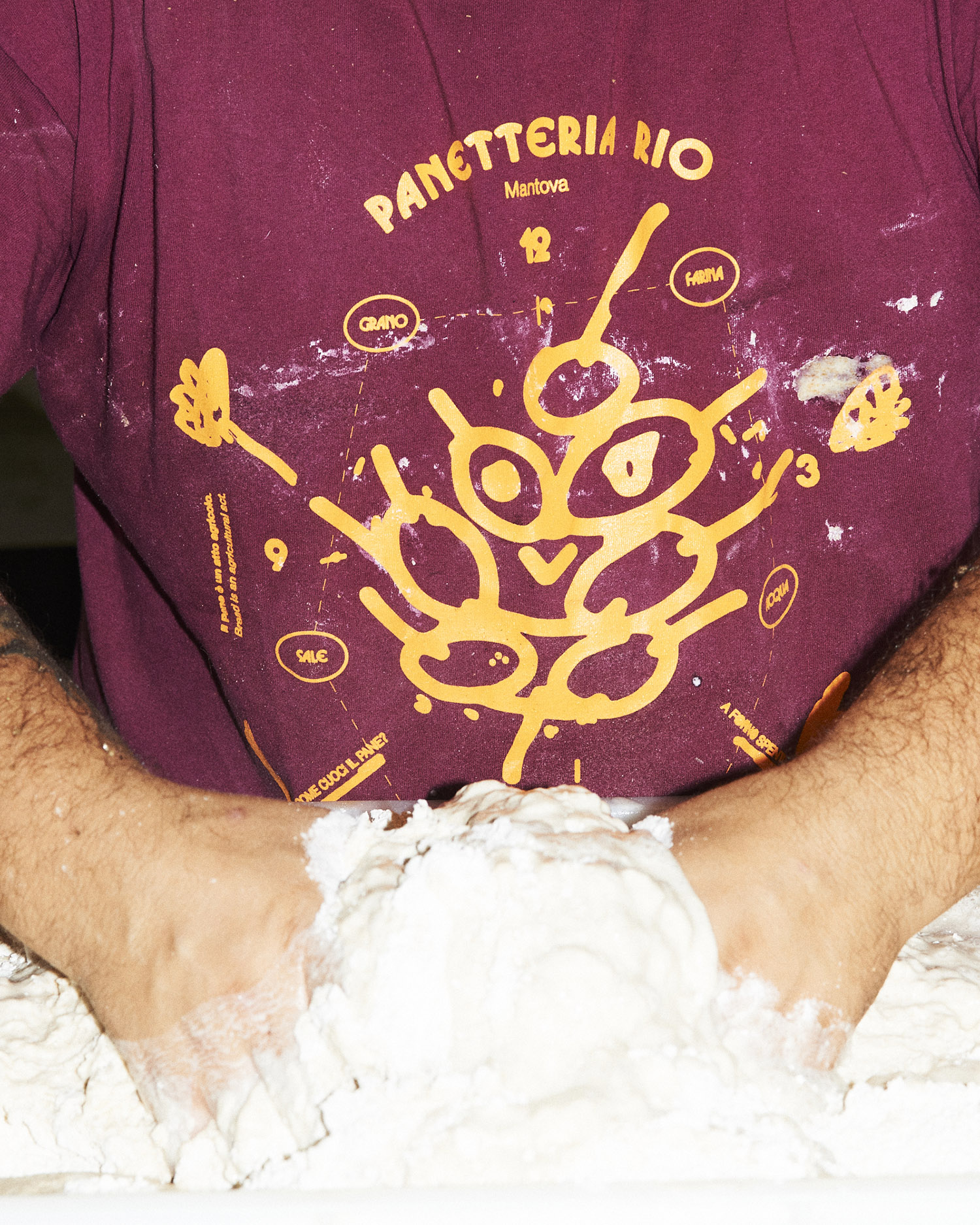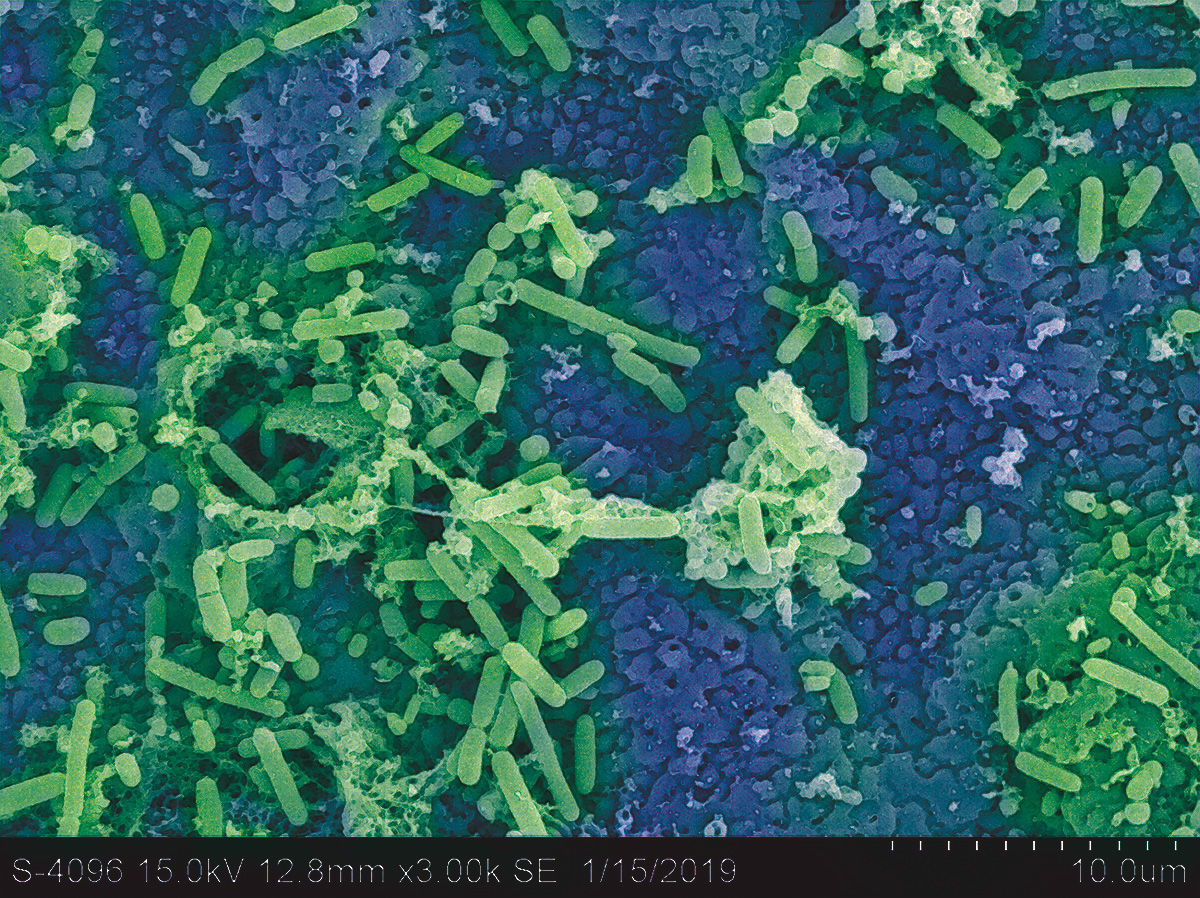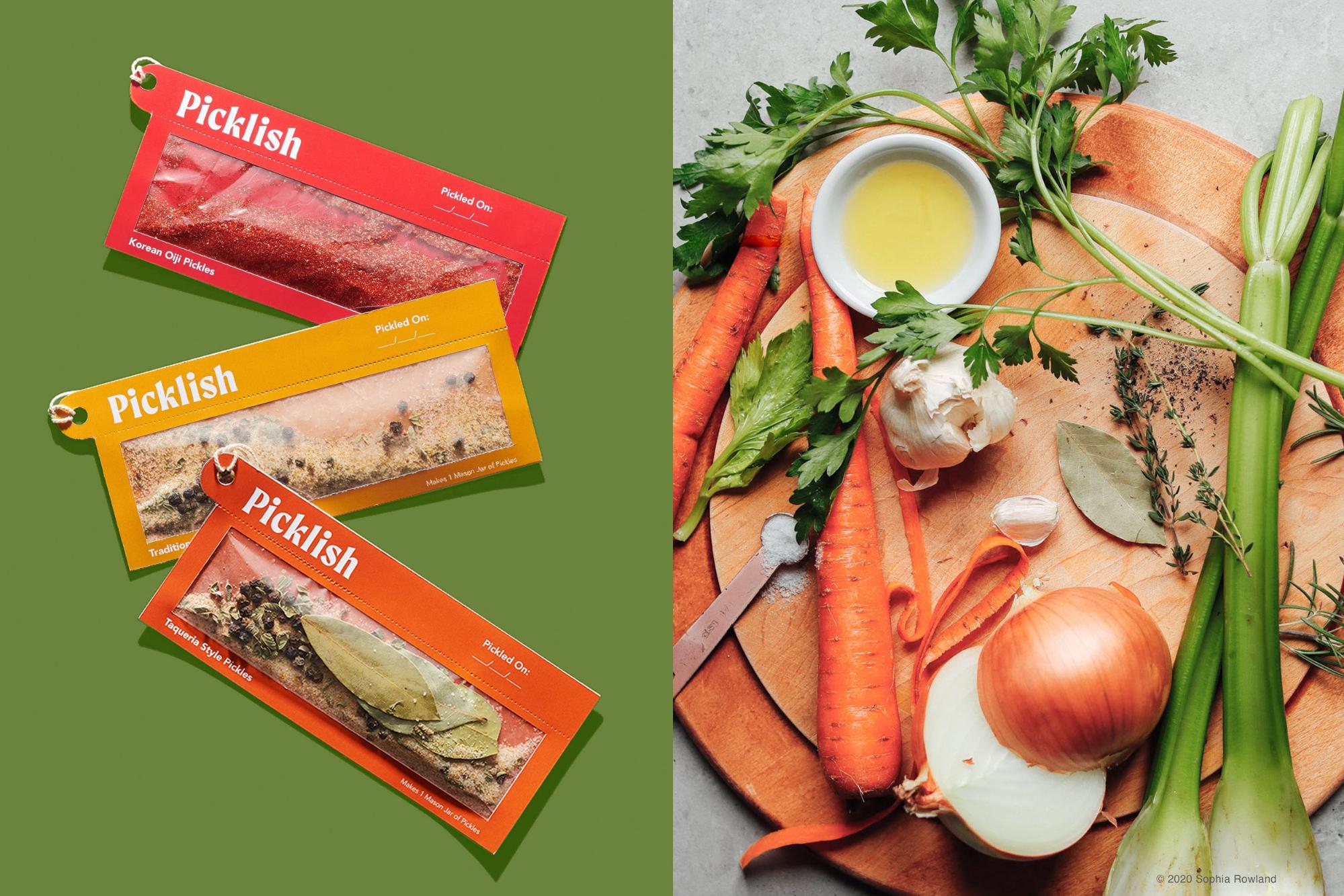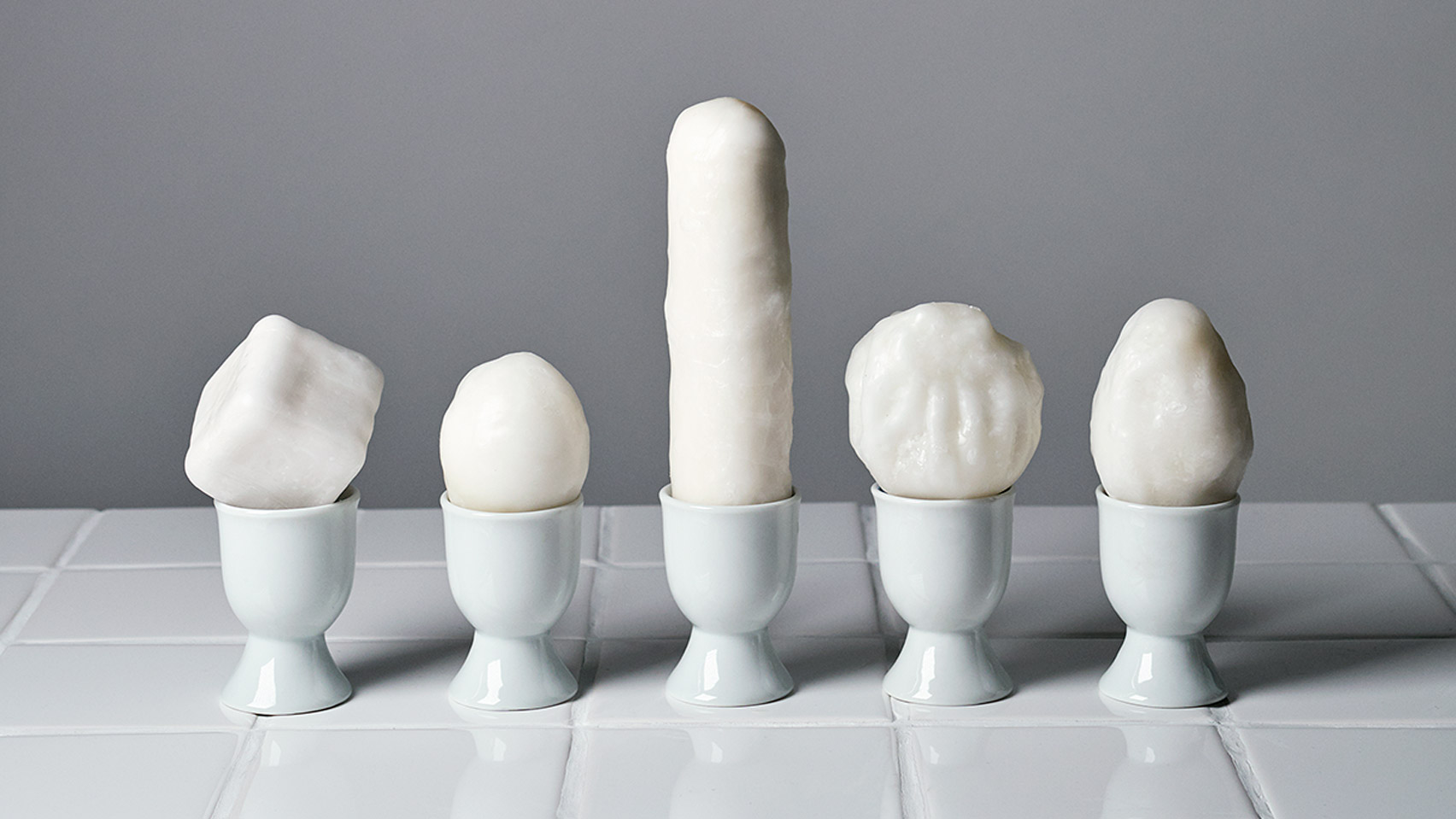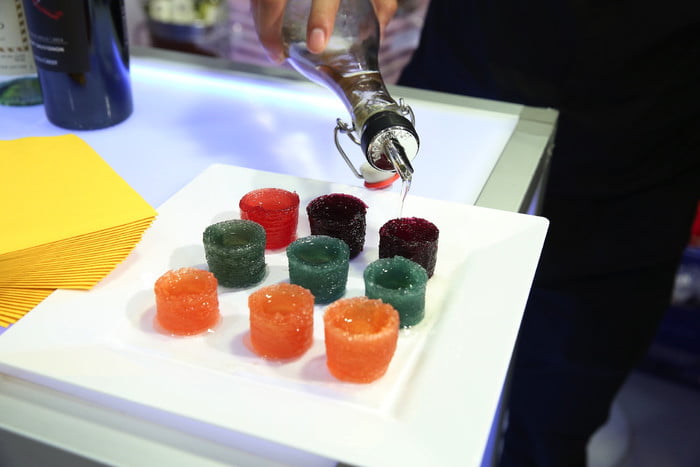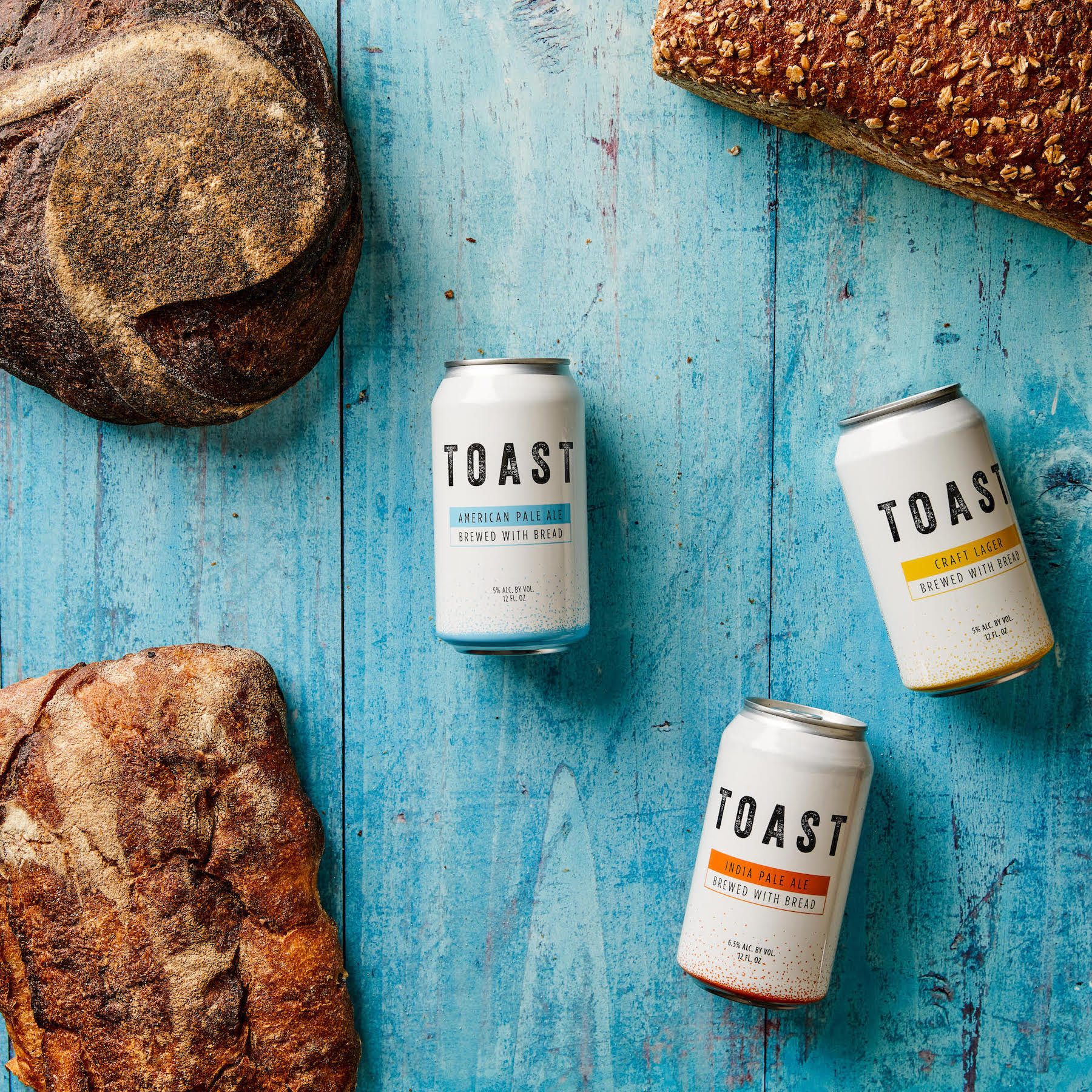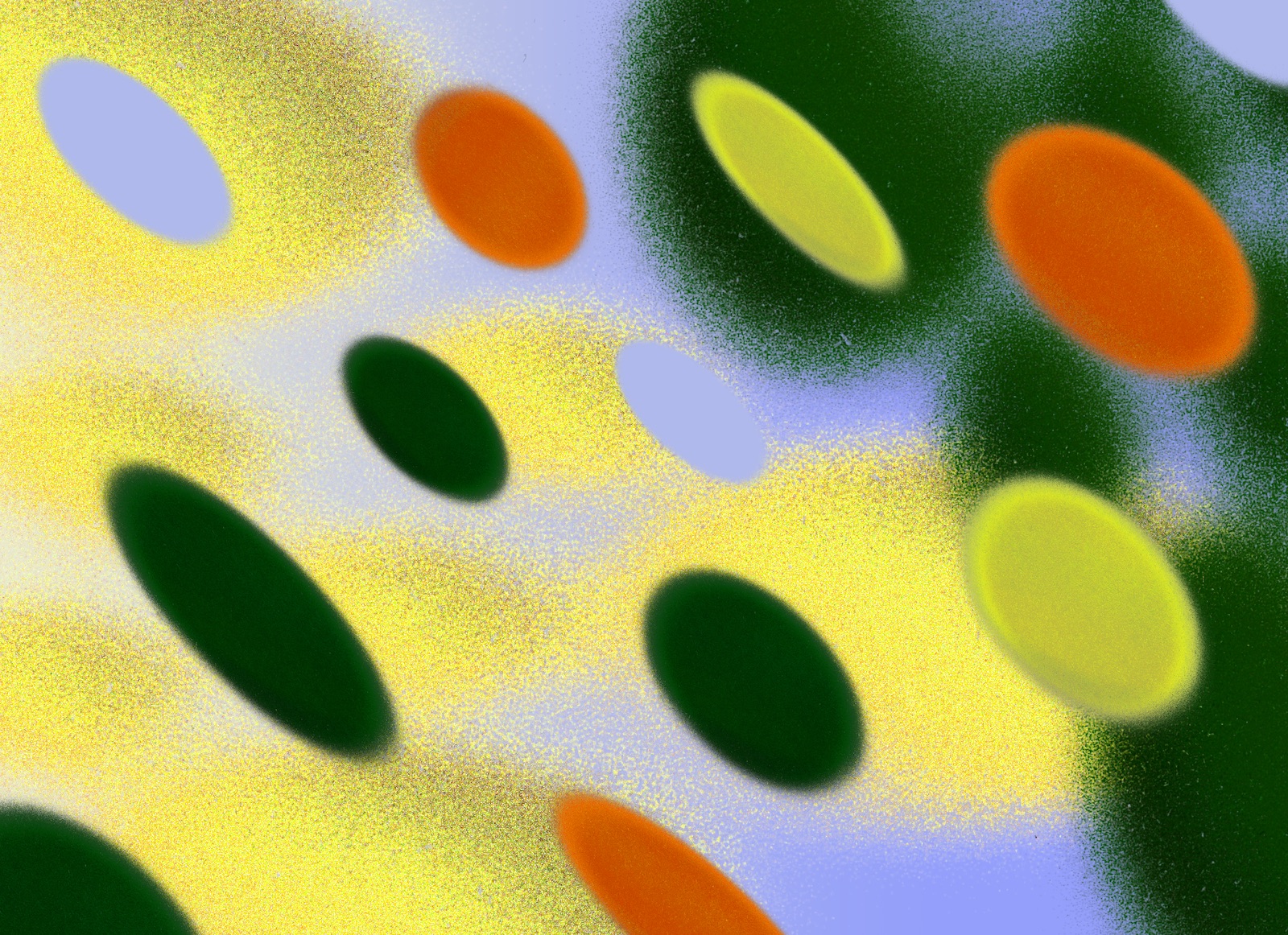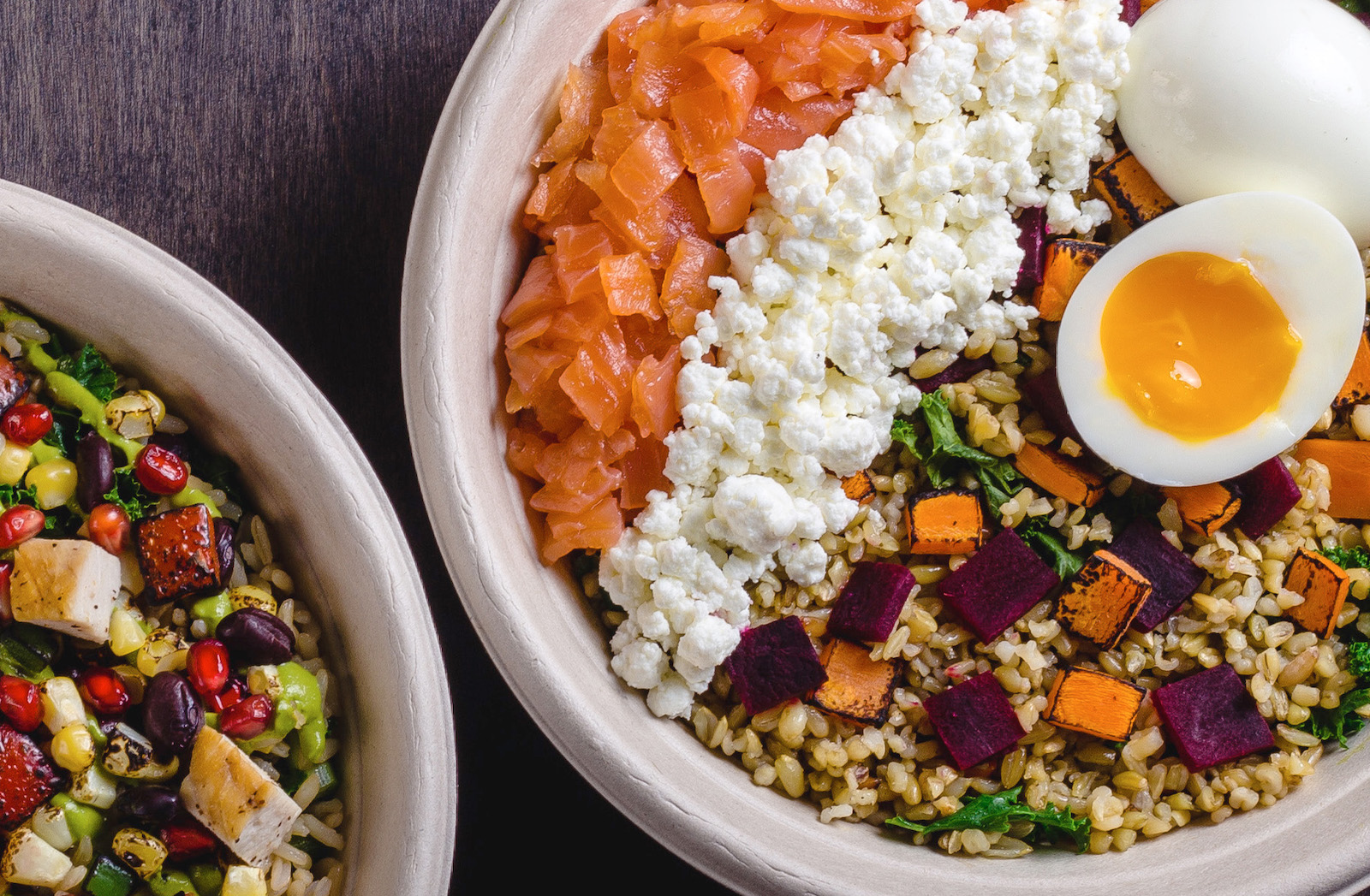At December’s Design Biennial Istanbul, design firm KozSusani debuted justaddwater, an advanced kitchen system concept that combines fresh produce, nutritional supplements, and flavorings into pill-shaped meal replacements. Described as “supporting the entire nutritional experience,” justaddwater allows individuals to optimize dietary intake and simplify meal prep. Though one can understand the functional benefits of this molecular gastronomy-meets-dietary supplement approach, we can’t help but ask the obvious: is this how people want to eat?
A healthy meal, encapsulated
Before we dive into the future of eating, let’s investigate exactly what justaddwater proposes. KozSusani envisions a kitchen full of smart appliances that monitor individuals’ activity and vitamin levels, daily schedules, and taste preferences. Based on that collected data, appliances then customize recipes for each diner. Instead of combining several ingredients, these recipes mix fresh produce with “flavor pills” that season the dishes and provide nutritional benefits—eliminating any mastery or effort required in cooking.
Sound sci-fi? It should. The concept of meal-replacement pills has been a staple in futuristic literature and film since the early 20th century, on the heels of new developments in processed foods (notably the TV dinner). As the BBC explains, synthetic meals were heralded as tools of female empowerment (untethering women from the kitchen) and fixtures of an increasingly intelligent human race, able to improve efficiencies without sacrificing taste.
But what about slow food?
Turns out food consumption didn’t progress exactly as sci-fi predicted; culinary circles revolted against food processing and formed what we today call the “slow food” movement—an emphasis on locally-sourced ingredients and hands-on cooking. Paradoxically, slow food has succeeded as a movement due to our increasingly efficient lifestyles: because we’ve been able to shorten the workday, manage tasks mobile-y, and outsource basic tasks, we can approach cooking as a craft, or luxury. Cooking can only be “slow” if putting food on the table is not a priority.
justaddwater tries to simultaneously satisfy consumers’ desires for efficiency and quality. The resulting concept seems rather shallow—its process isn’t fully efficient, nor is it really focused on natural bounty. Ultimately, justaddwater touches upon elements of different consumer trends to create an installation that’s a bit dystopian and oddly gimmicky. By removing the involvement of cooking and limiting the true convenience of meal replacements, the installation places the future of food into murky water.
The future isn’t what it used to be
justaddwater debuted at the Turkish Design Biennial with the theme, “The future is not what it used to be.” Taken from a statement by French poet Paul Valéry, the title comments upon our relative inability as designers to predict future processes, given variables such as technology, environment, resources, and cultural context. Thus, conceptual projects often say more about current sentiments than they do about the future.
When evaluated from this perspective, justaddwater doesn’t seem so far-fetched. Will our future meals combine produce with “flavor pills?” Probably not. However, justaddwater is a poignant look at our inability as consumers to choose between convenience and conservation, and our difficulty in trying to reconcile technology with tradition.
[h/t] Co.Exist
Photo courtesy of: KozSusani Design







